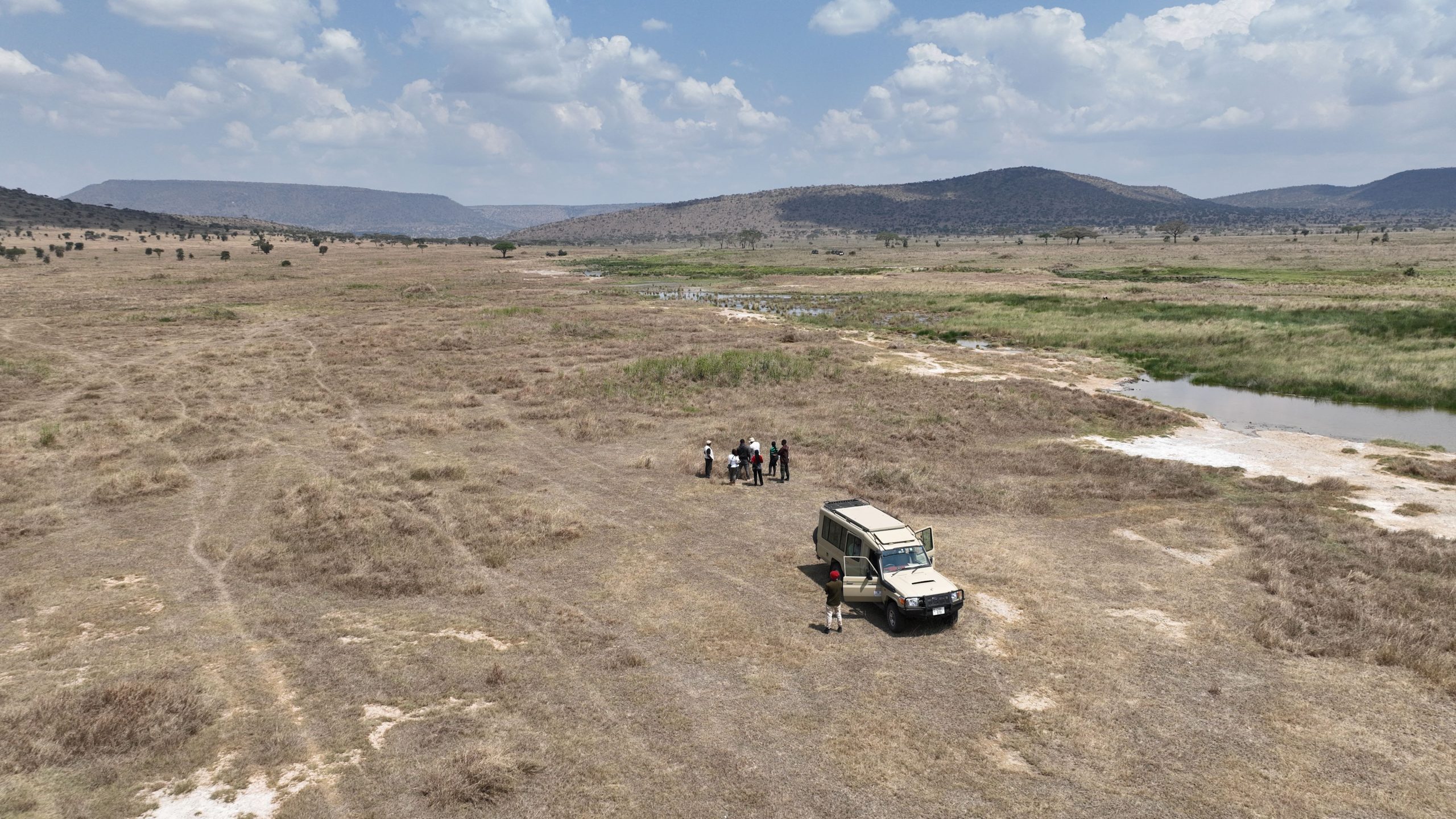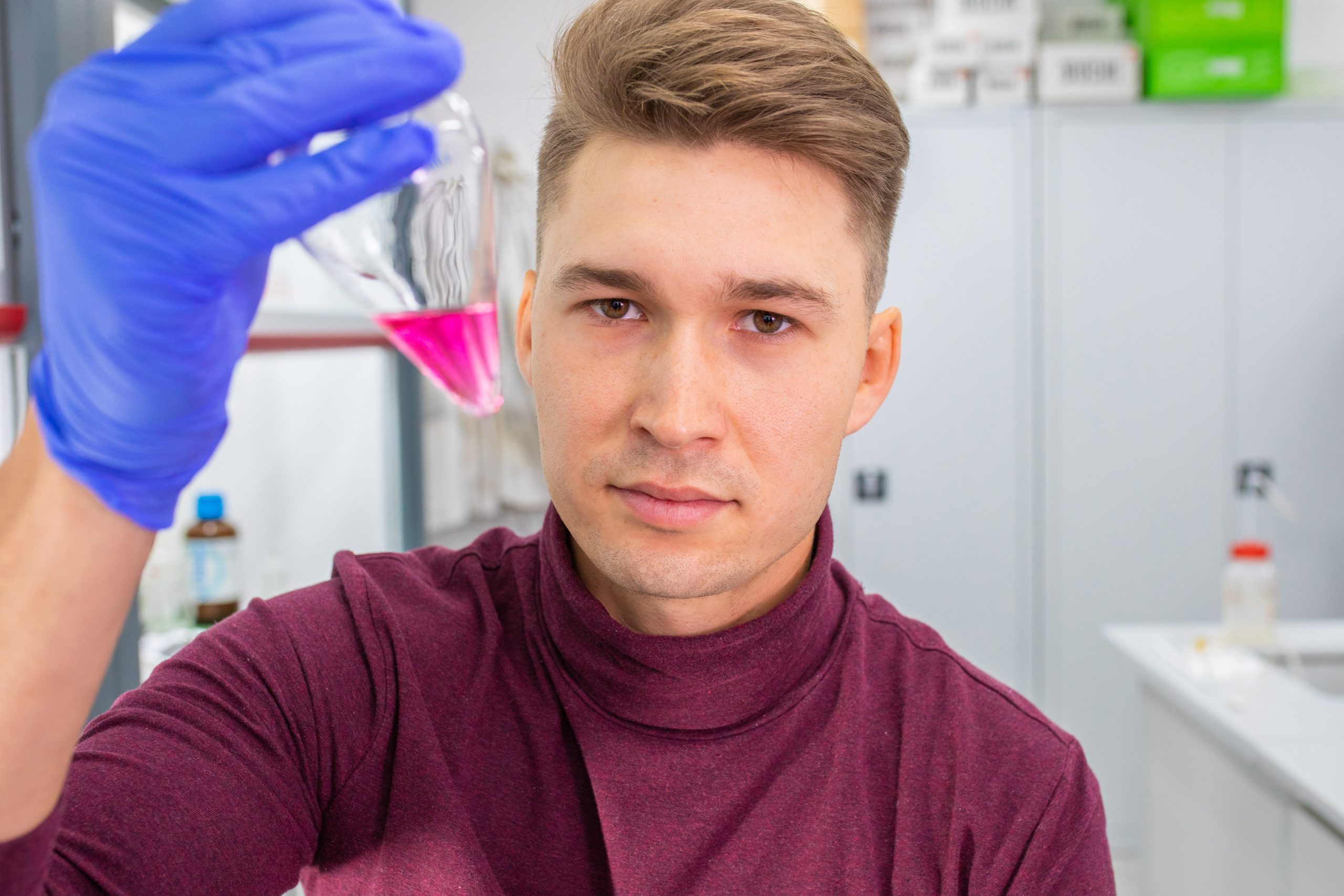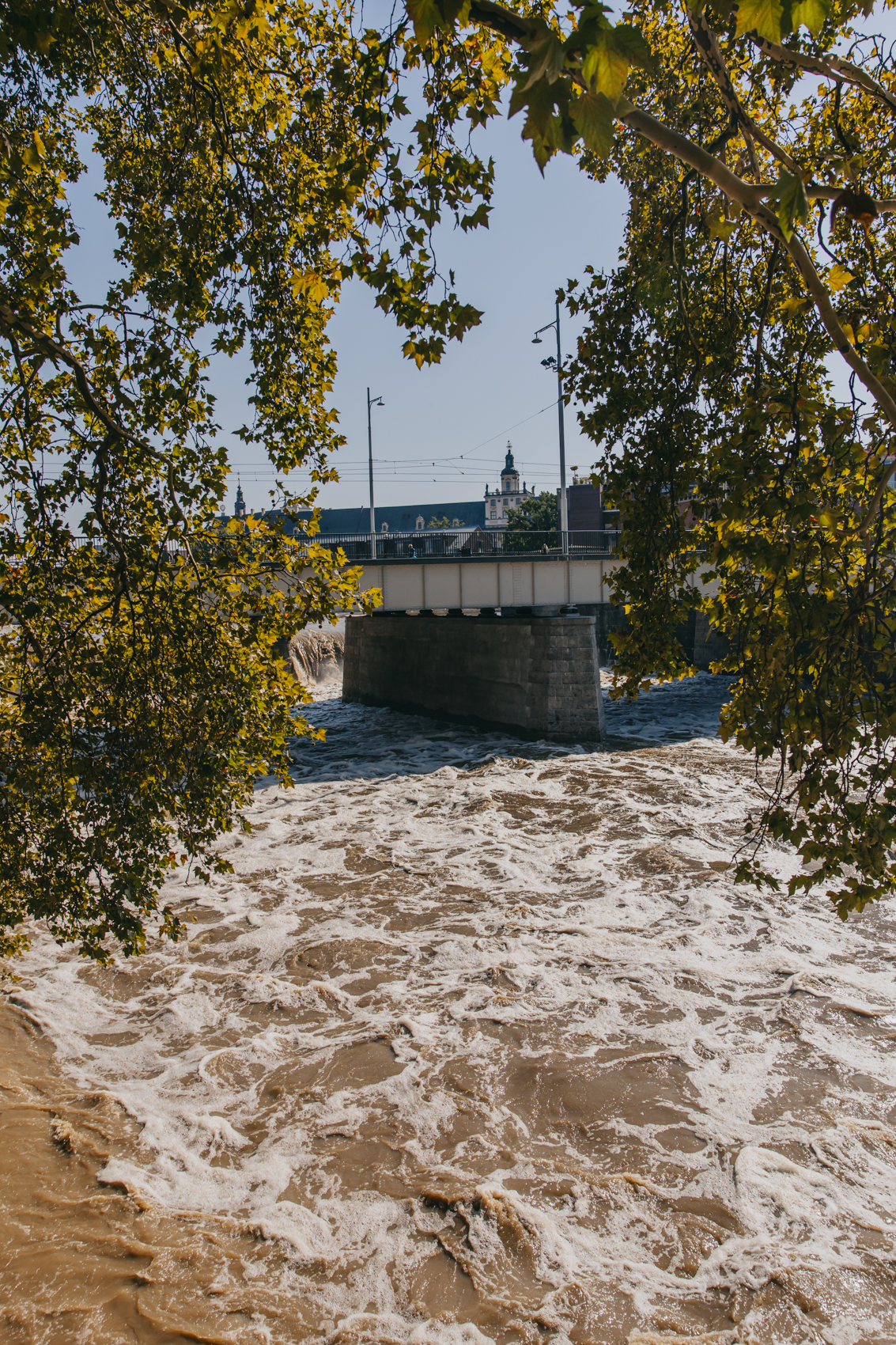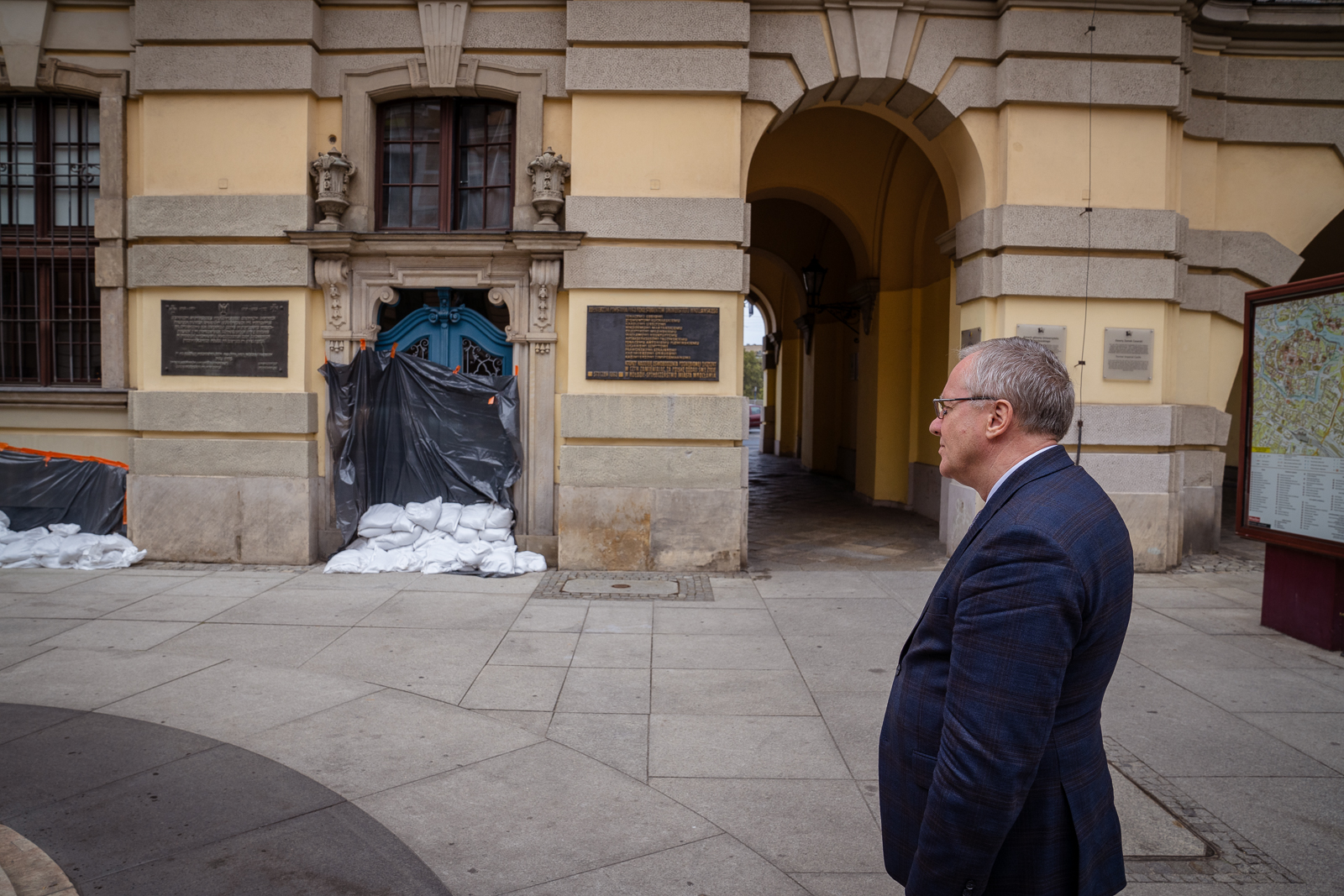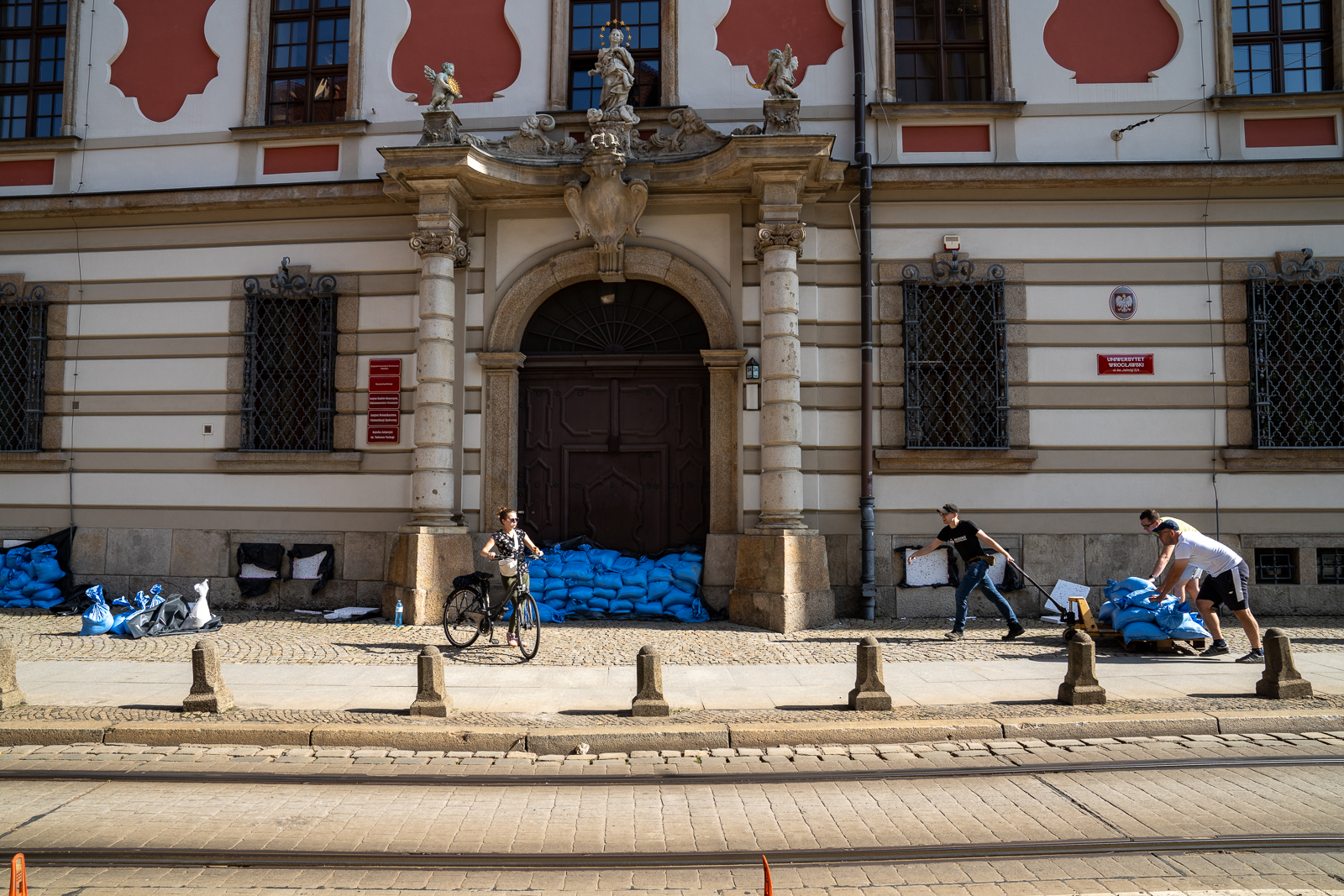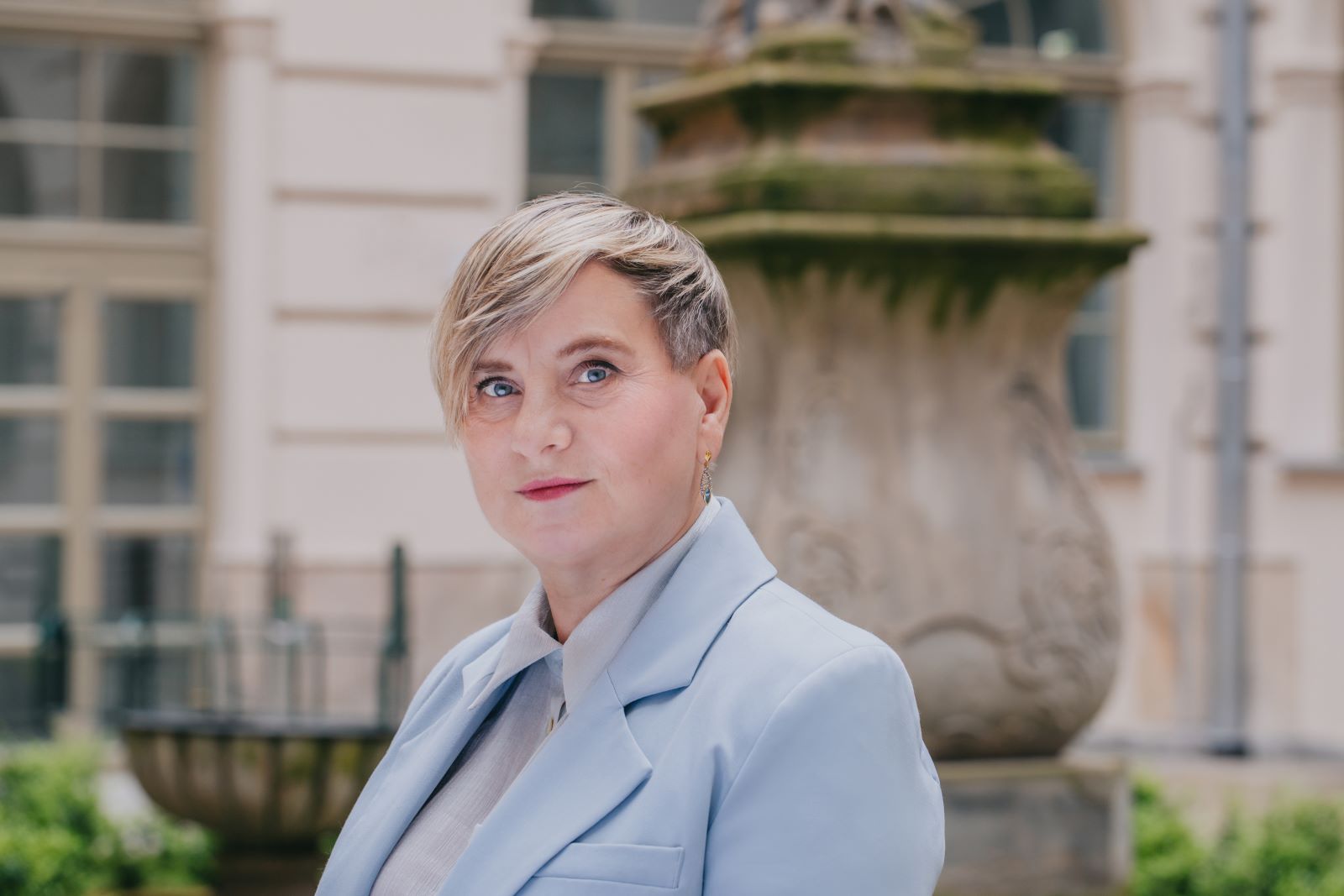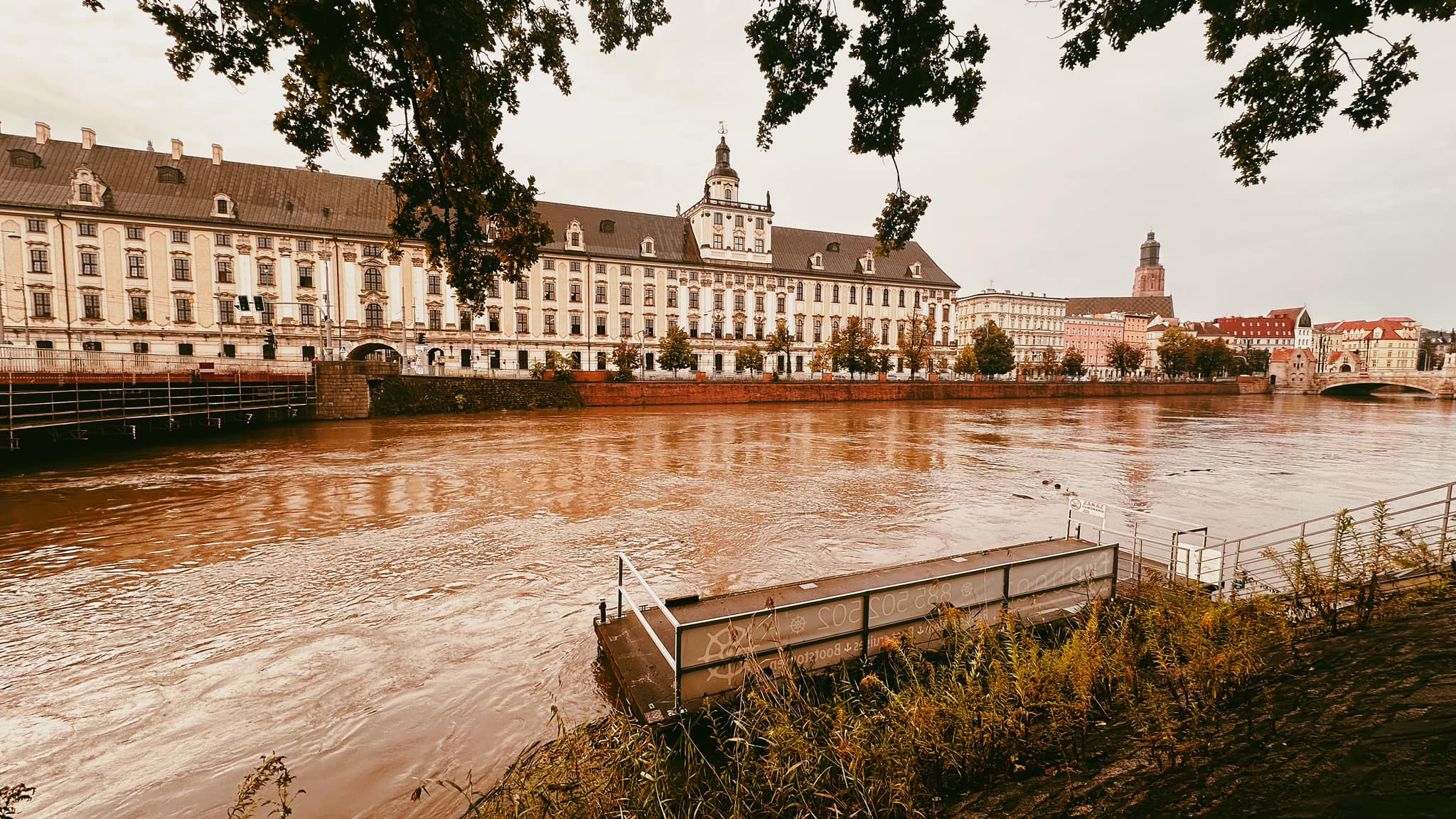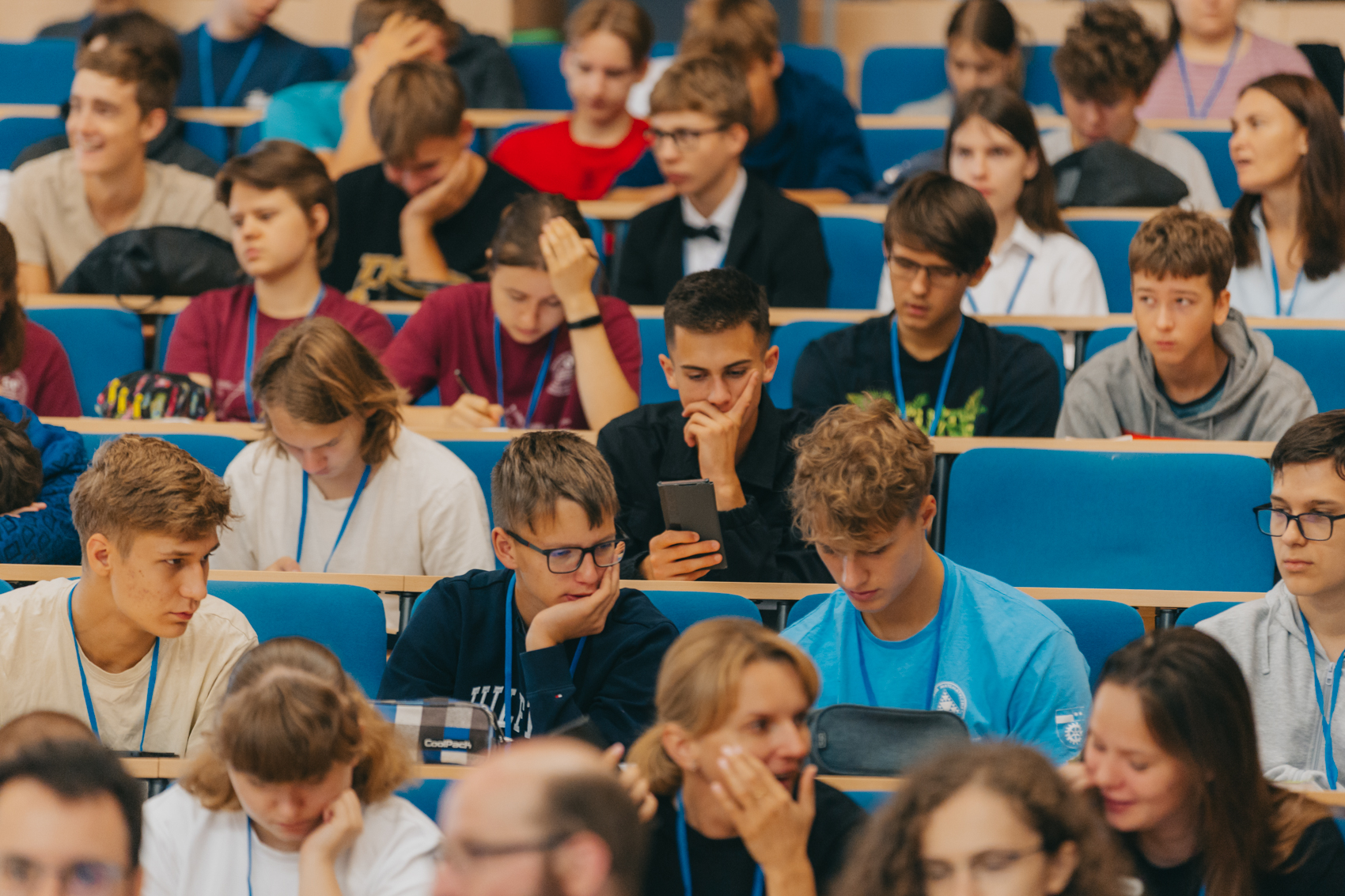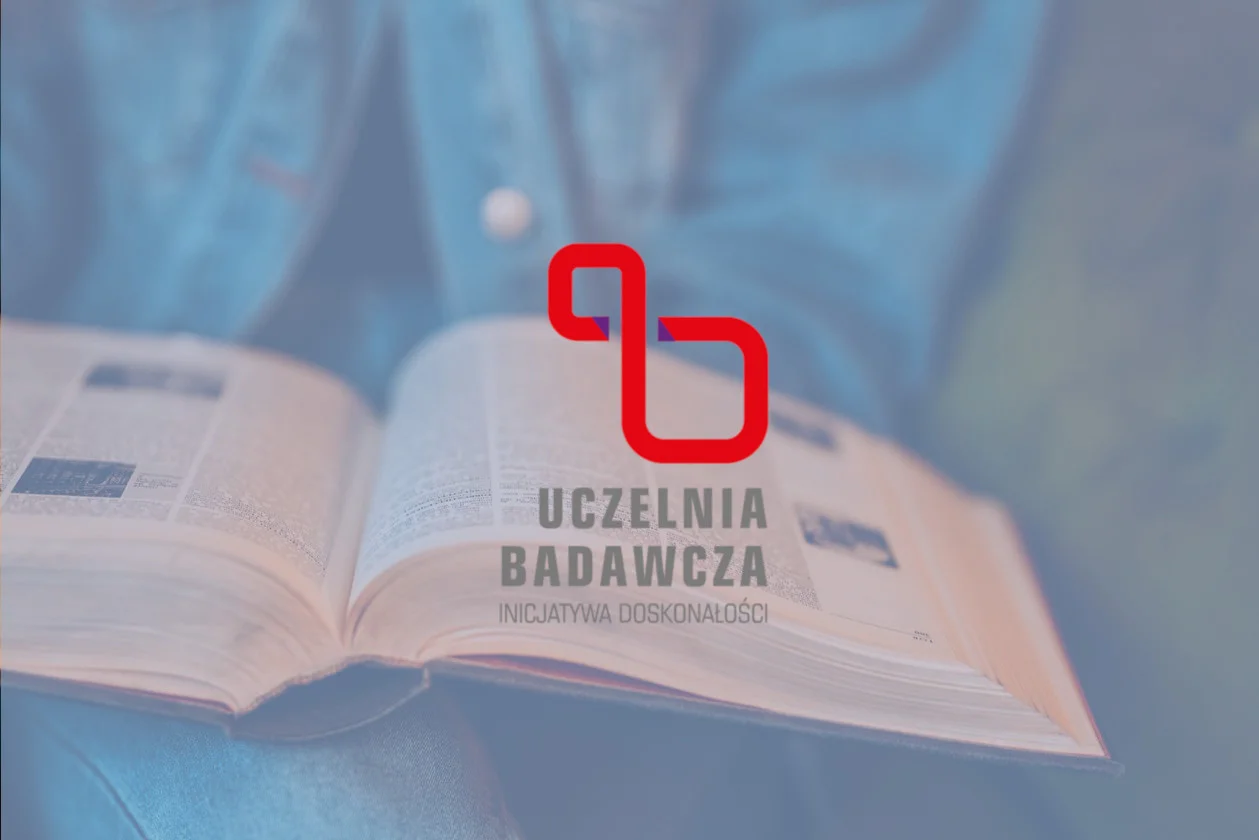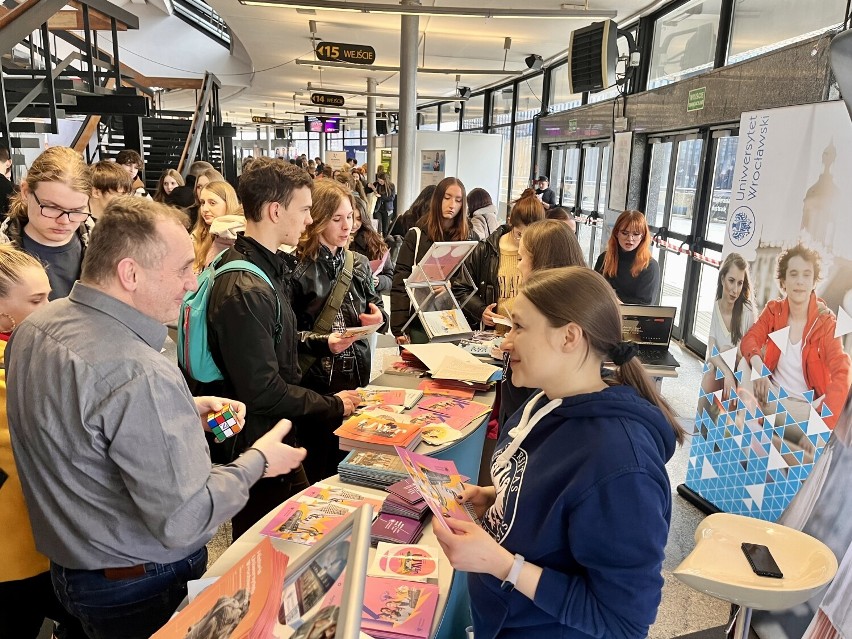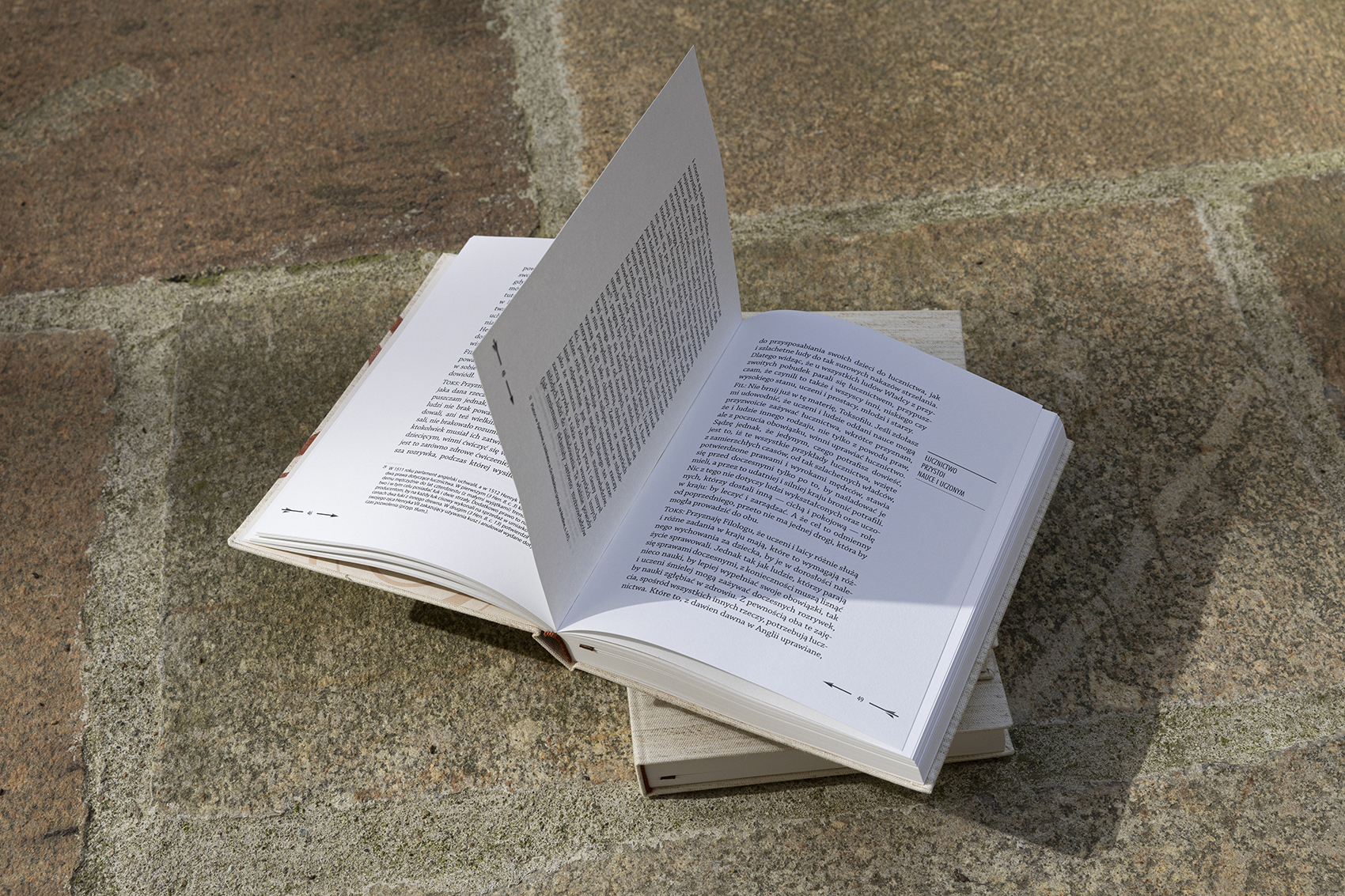News
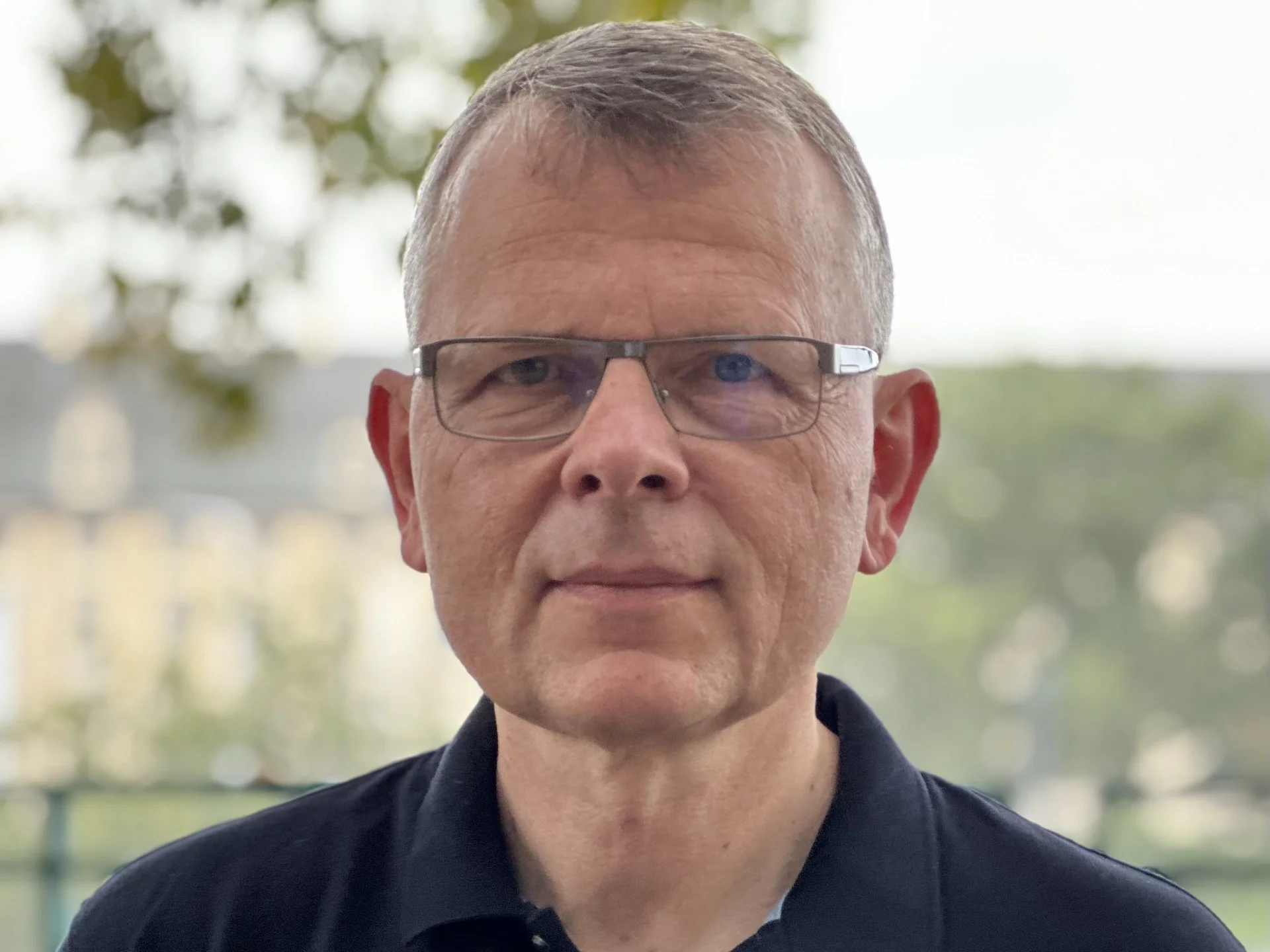
Prof. Krzysztof Ruchniewicz, a member of the Historical Institute and Director of the Willy Brandt Centre for German and European Studies, was nominated on 19 September by the Deputy Minister Marek Prawda as a member of the Committee for the ‘Award for Special Services to the Development of Polish-German Relations’.
The University of Wrocław community has been preparing solidly for the arrival of the flood wave in recent days. Although […]
There’s a lot going on at the University of Wrocław Press and we want to keep you informed! In our […]





